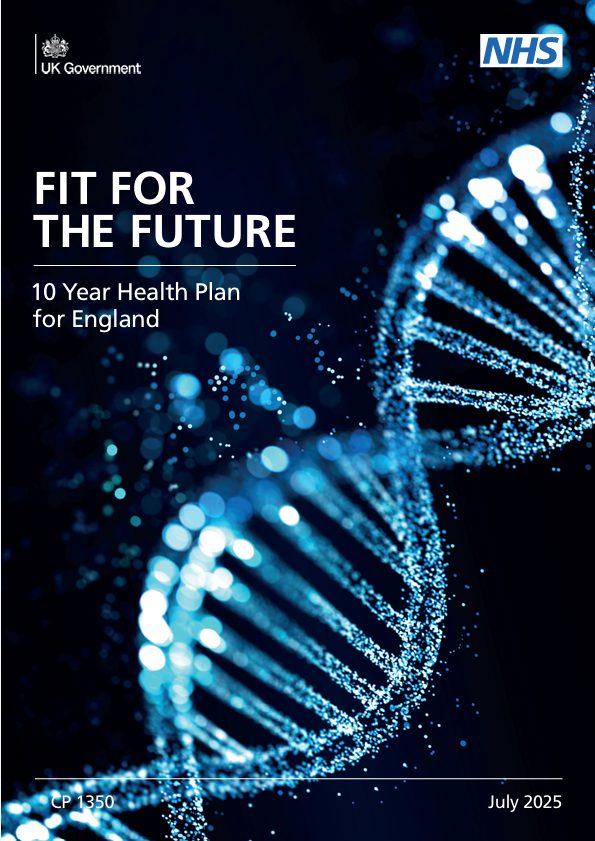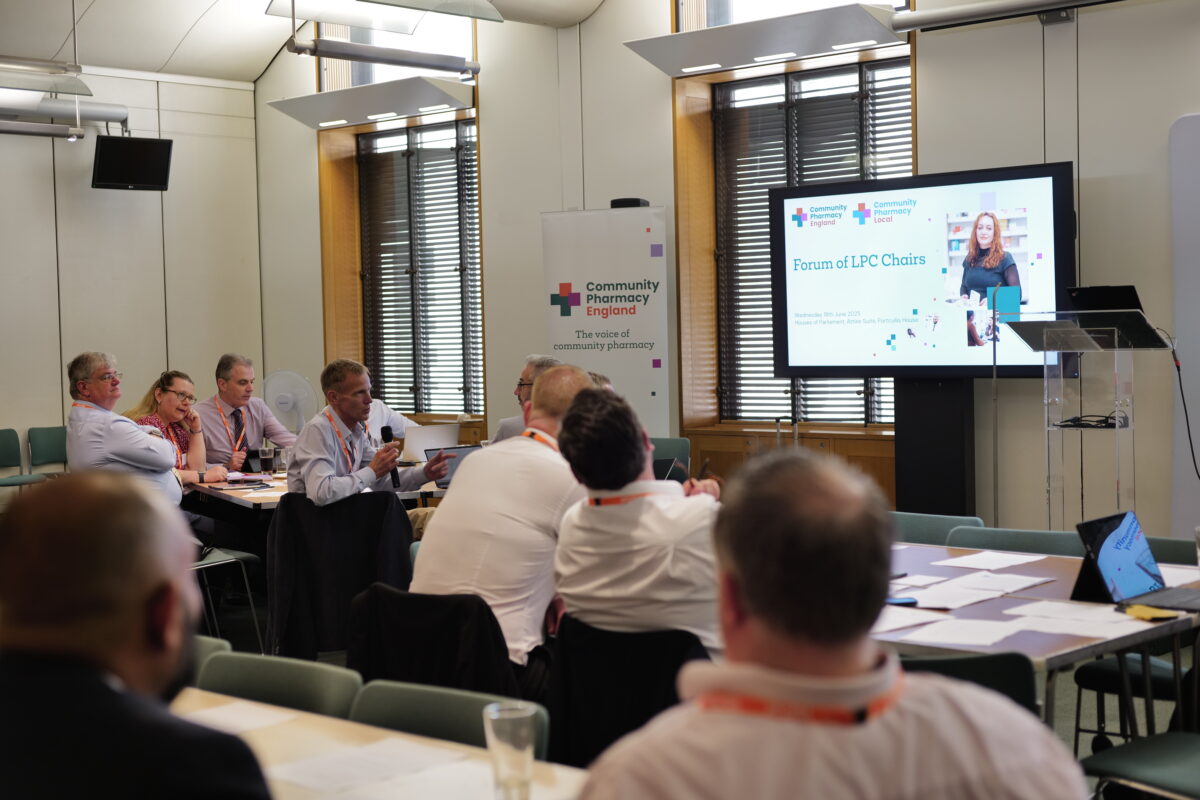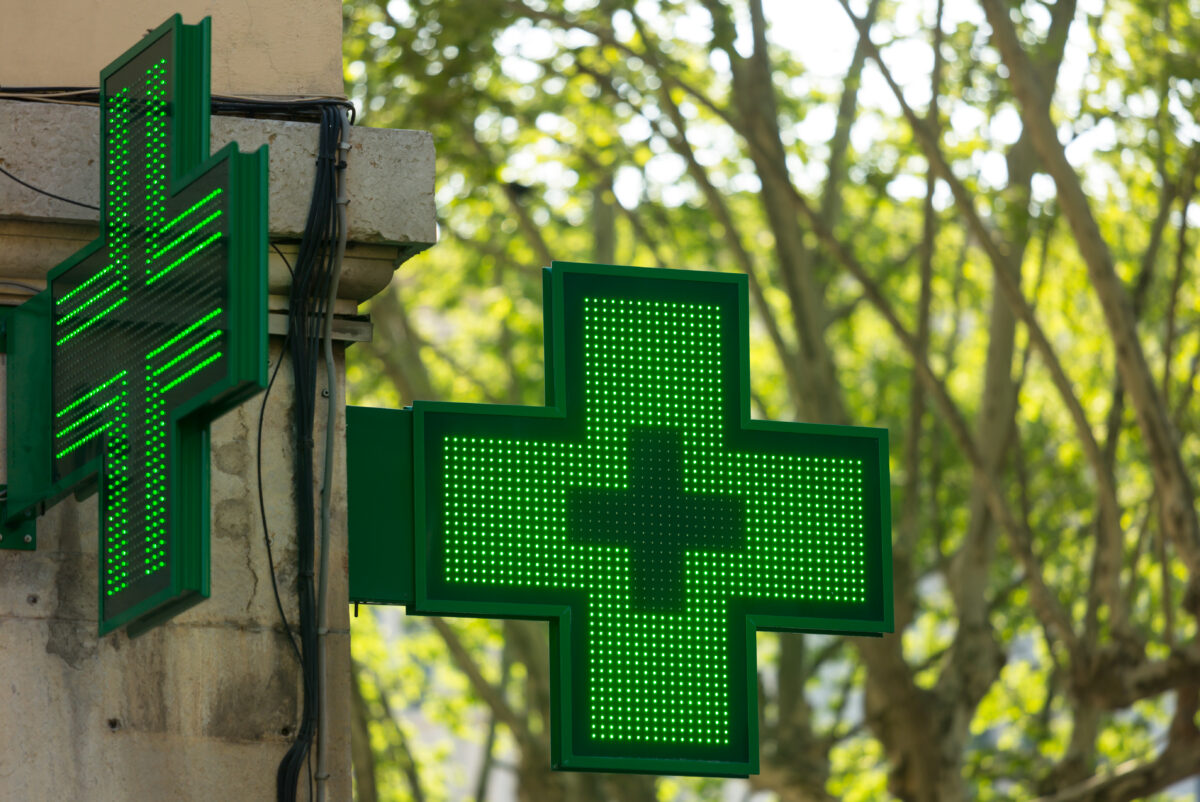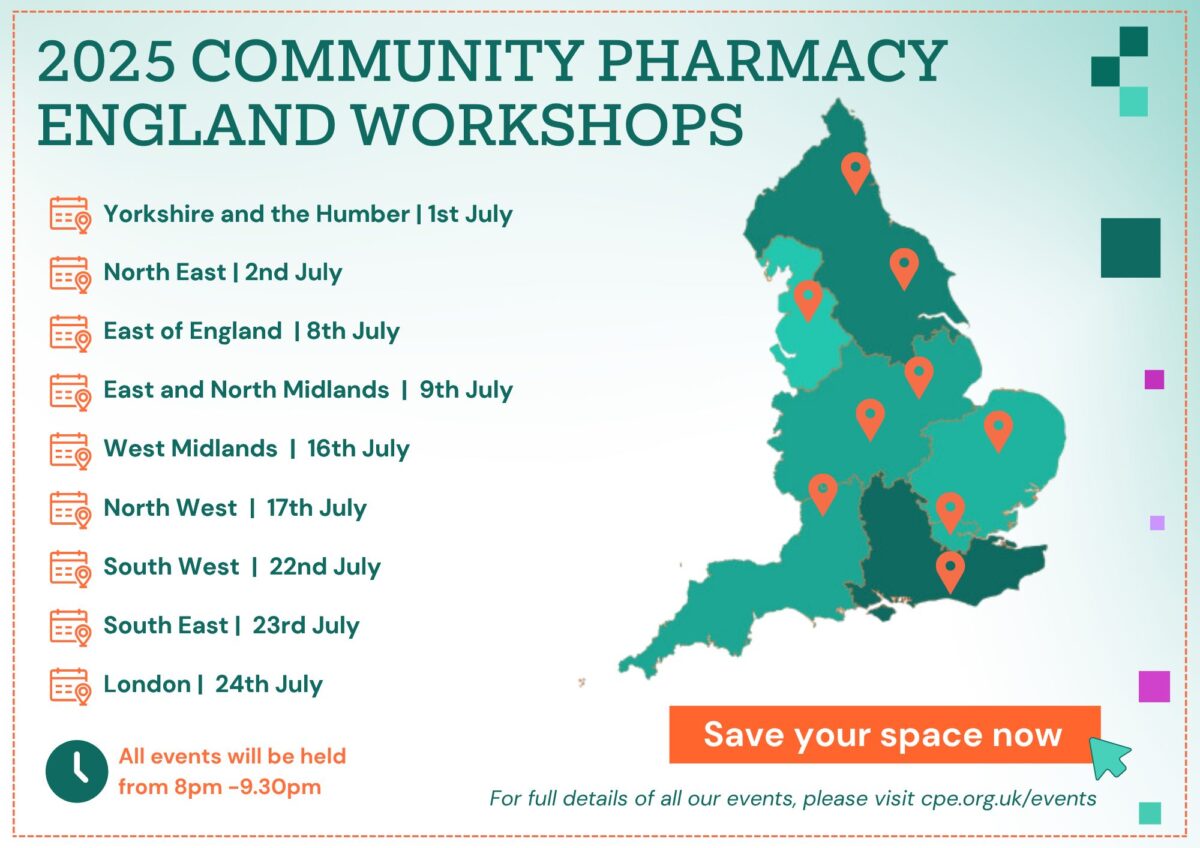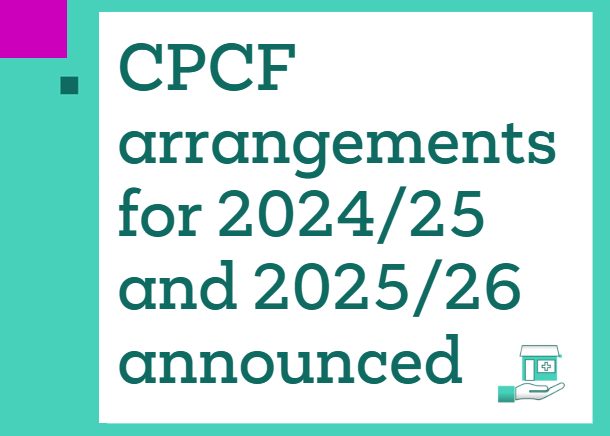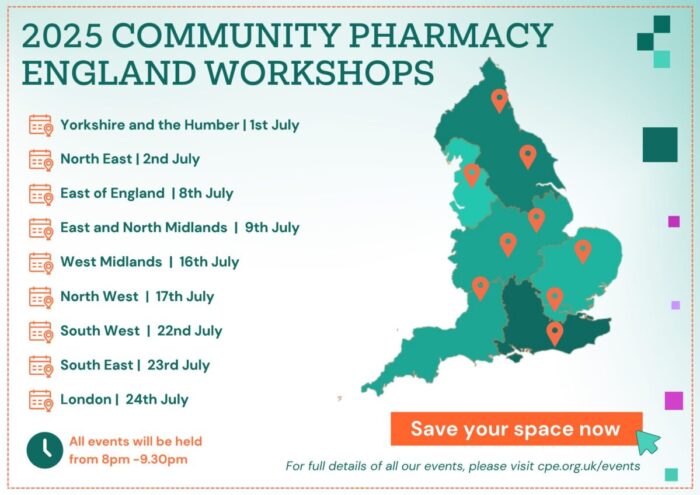Service case study: The community pharmacy patient activation project in Cornwall
Published on: 23rd August 2017 | Updated on: 28th March 2022
In December 2016, Cornwall & Isles of Scilly LPC and the South West Cardiovascular Clinical Network, with support from Pfizer, launched a developmental service in 20 community pharmacies across Cornwall to benefit patients with type 2 diabetes.
What is the aim of the service?
The aim of the service is to increase patients’ Patient Activation measures (PAM) by supporting them to set themselves small, manageable goals to help them improve their diabetes care. Pharmacists will use motivational interviewing to help improve patients’ knowledge, skills and confidence to self-manage their condition. It is envisaged that the service will help reduce unnecessary appointment costs, secondary care costs by reducing associated complications and reducing medicine wastage costs.
How does the service work?
Each of the pharmacies involved have or are in the process of recruiting 25 patients to the project and the pharmacists will be supporting their patients to set achievable goals that will improve their diabetes care and follow them up closely over a three-month period.
The initial consultation involves measuring the patient’s baseline PAM and the pharmacist supporting the patient to select realistic goals to be achieved over three months. At least four short follow-up conversations, at two or three-weekly intervals, with the patient then take place in which the pharmacist will check their progress and provide further support to the patient. The final consultation, which takes place at least three months after the initial consultation, will involve measuring the patient’s end-point PAM score and overall progress with achieving their goals.
What has been achieved so far?
To date, 24 patients out of 271 have completed the scheme and there have been 686 interactions between pharmacists and patients as part of the service. The most popular goals set by patients relate to healthier eating and increasing physical activity; however, other goals such as conducting more frequent foot checks, reducing alcohol intake and better management of hypoglycaemic episodes were also set.
Interventions by pharmacists as part of the service include referrals to diabetes specialist nurses and GPs with suggested changes to insulin therapy as well as stepping up of therapy when treatments were not being optimised. Other interventions include referrals for suspected retinopathy, mental health problems and poor hearing.
More information on this service and other diabetes services can be found on the Community Pharmacy England Services Database.
For more information on this topic please email comms.team@cpe.org.uk


